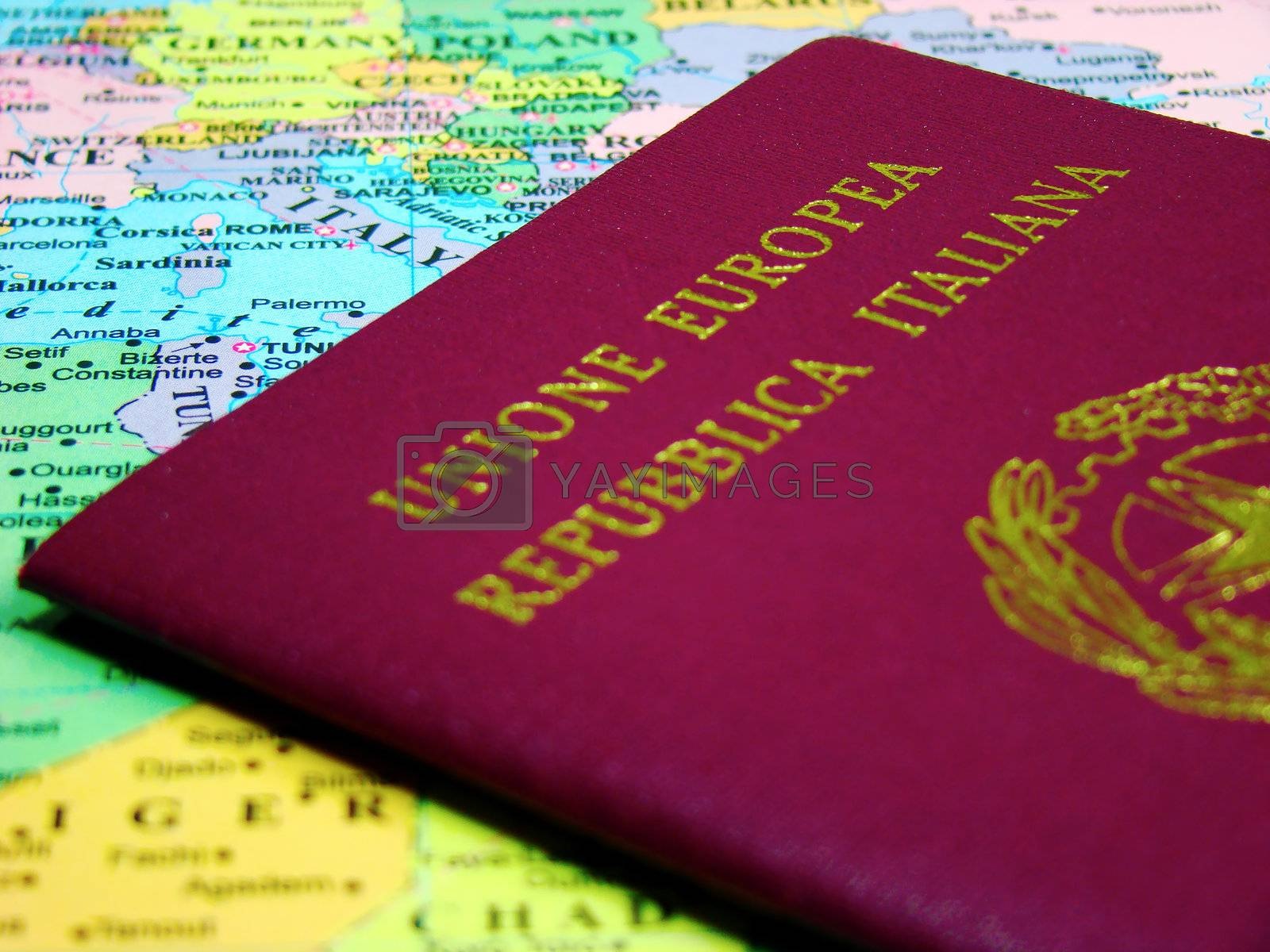Sri Lanka’s Push for Better Immigration Access Amidst Salvini’s Anti-Immigrant Stance
The right-wing policies of Matteo Salvini, leader of Italy’s League party, have stirred significant controversy with his strong opposition to immigration. Salvini has worked to tighten Italy’s borders and limit the influx of foreign nationals, creating a challenging environment for Sri Lankans seeking employment in Italy. His anti-immigrant stance has had a direct impact on the labour migration of Sri Lankans—one of the country’s largest foreign worker groups.
November 2023, Italy imposed a temporary suspension on subordinate work visas for nationals from Sri Lanka, Pakistan, and Bangladesh. This decision halted job applications and left many Sri Lankans who had job offers in Italy in a state of uncertainty. As a result, Sri Lanka’s Foreign Minister, Vijitha Herath, met with Italian officials to discuss the suspension, urging the Italian government to lift the ban. The Sri Lankan government has also requested a quota system for work visas to help regulate the flow of Sri Lankan workers to Italy, similar to Sri Lanka’s agreement with South Korea.
With over 200,000 Sri Lankans employed in Italy, their contribution to Italy’s economy is undeniable. Remittances from the Sri Lankan diaspora have become a key source of foreign exchange for the island nation. In fact, the Sri Lankan government has actively sought ways to further boost remittance growth, especially considering the significant role the Sri Lankan workers play in sectors like agriculture, hospitality, and construction in Italy.
Challenges and Diplomacy in the Face of Right-Wing Resistance
Salvini’s immigration policies have provoked resistance, particularly towards migrants seeking work in Italy. His policies, driven by nationalistic sentiment, have sparked a backlash among communities, especially those reliant on foreign labor like the Sri Lankan community. Salvini’s aggressive approach has made it more difficult for Sri Lankans to enter Italy legally for work, forcing many to seek alternative paths that often lead to uncertainty and difficulty in securing jobs.
Diplomatic tensions have also risen, with the Sri Lankan government seeking to balance the economic benefits of its nationals working in Italy with the diplomatic implications of Salvini’s anti-immigration policies. The government’s focus is on protecting its workers’ right to work legally in Italy, while ensuring that such measures do not disrupt the relationship between the two countries.
In this context, direct flights between Sri Lanka and Italy have become an essential part of the dialogue. Such flights would not only streamline Sri Lankan workers’ travel to Italy but also improve remittance flows, thereby benefiting both countries’ economies. Sri Lanka’s Foreign Minister has made it clear that this is a priority in strengthening the bilateral relationship and supporting the economic growth of the island nation.

Strategic Goals for Sri Lanka Amid Italy’s Immigration Challenges
Despite Salvini’s tightened immigration policies, Sri Lanka is determined to secure better visa systems for its nationals and negotiate direct flight routes to Italy. Direct flights would help facilitate labor migration while promoting trade and tourism, creating a more stable and legal framework for Sri Lankans seeking work in Italy. Additionally, remittance growth would continue to be a crucial focus for Sri Lanka’s government, as foreign exchange from Sri Lankans working abroad supports the local economy.
The Sri Lankan government has also expressed the need for legal migration pathways for its workers, which would include the quota system. This would allow Sri Lankans to enter Italy in a regulated, transparent manner, protecting both workers and the Italian economy. The Sri Lankan community’s role in Italy has long been integral to several industries, and finding a legal and regulated solution is essential for both Italy and Sri Lanka to continue their productive economic relations.
Direct Flights
As Salvini’s policies continue to present challenges for migrants seeking employment in Italy, Sri Lanka’s government is working diligently to ensure its nationals can access legal employment opportunities. By pushing for the lifting of visa suspensions, the launch of direct flights, and a job quota system, Sri Lanka hopes to maintain its strong labor presence in Italy and continue receiving remittances, which are vital for the Sri Lankan economy. Despite the rise of right-wing resistance against immigration, both governments must focus on cooperation to secure the rights of Sri Lankan workers while preserving diplomatic and economic ties.







